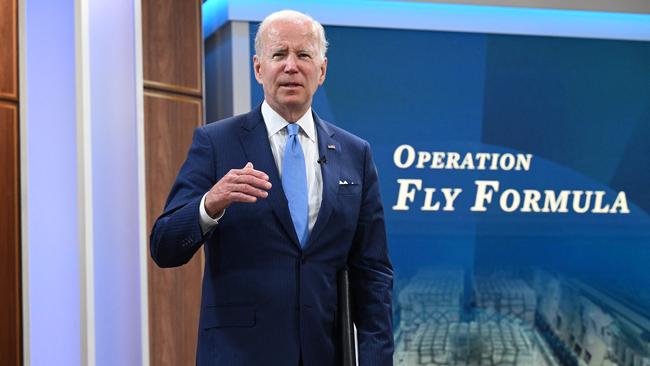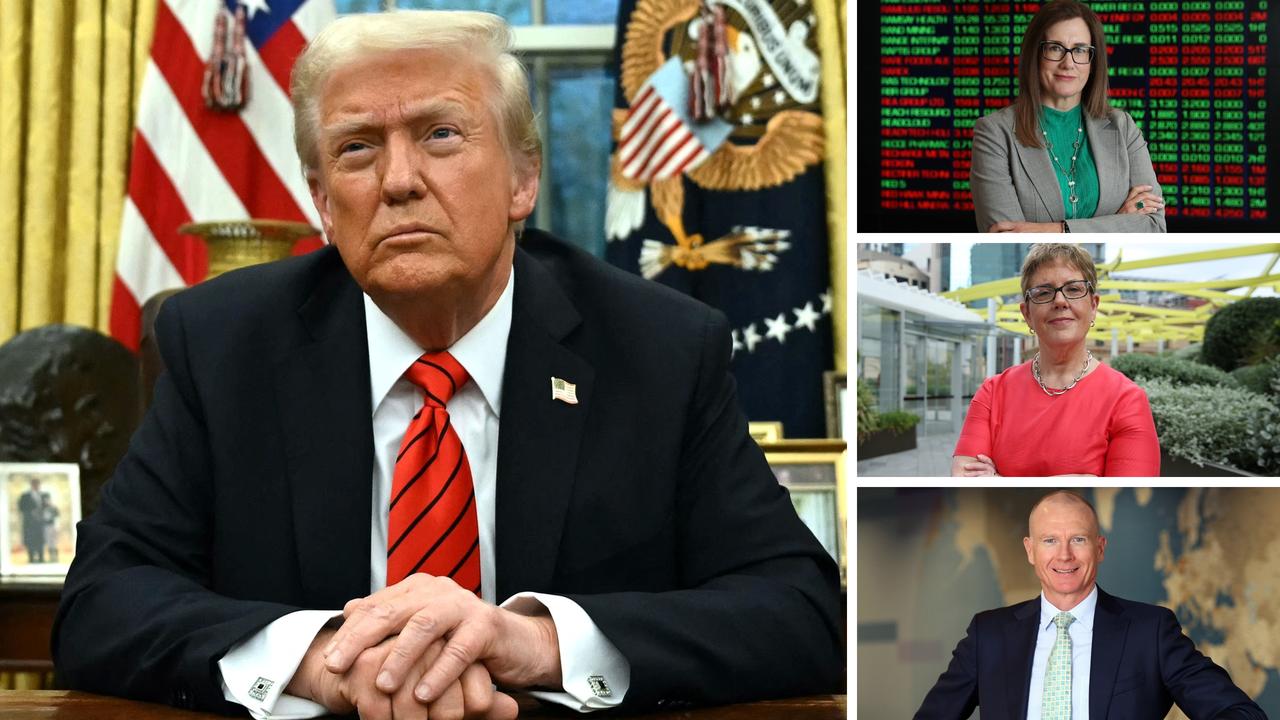FDA ‘ignoring’ infant formula applications from A2 Milk, Fonterra, FrieslandCampina and others
US Republican senators have criticised the Food and Drug Administration for ‘ignoring’ applications from companies including A2 Milk and Fonterra to import infant formula.

A group of US Republican senators has criticised the US Food and Drug Administration for “ignoring” applications from companies including A2 Milk and Fonterra to import infant formula into the US during a national baby food shortage.
A2 and Fonterra applied for temporary import approval – “enforcement discretion” – in May. But the FDA has not approved any applications since August 10, and has even “deferred” A2 Milk’s submission and others, including one from the world’s biggest dairy co-operative, FrieslandCampina. This is despite the US infant formula crisis persisting, with parents still struggling to find enough product on retail shelves.
Thirteen senators including Roger Marshall, Shelley Moore and John Boozman said it was “unclear” why the FDA “has chosen to ignore so many applications”, in a letter to the agency’s commissioner Robert Califf.
“What’s most concerning is FDA’s decision last month to defer further review of pending applications after taking over a month to respond,” the senators wrote. We understand from several manufacturers that FDA has still not indicated any attempt to review or prioritise increasing domestic production through competition.”
Three manufacturers dominate the US infant formula market. Abbott Laboratories is the biggest player with 49.5 per cent share, followed by Mead Johnson with 20.6 per cent and Perrigo with 11.9 per cent.
The crisis began when Abbott shut down its factory in Michigan earlier this year because of contamination, before closing its doors again in June after the site was flooded.
“The infant formula market has consolidated over the years due to manufacturing-related issues and consumer demand, so any disruption in an oligopoly will undoubtedly lead to supply chain shortage,” the senators wrote.
“We now know that any disruption from one manufacturer – including one that makes up almost half of the infant formula market – can devastate families and cascade into a whole-of government approach to resolve.
“Given the delicate nature of the infant formula supply chain, it’s become even more apparent that we need to diversify our commercial capacity by providing other industry manufacturers the opportunity to compete. This is especially necessary for manufacturers of infant formula products that cannot be reasonably substituted by currently available products.”
The FDA has approved 23 infant formula products from 10 unique manufacturers, including ASX-listed Bubs, China-owned Bellamy’s Organic and Australian start-up Care A2 Plus, which are significantly smaller in market value than Fonterra, A2 Milk and FrieslandCampina.
This has fuelled industry concerns that US authorities are protecting the domestic infant formula industry, which supplies about 98 per cent of its overall market.
Care A2 Plus, which has committed to supply the US with 4.9 million tins of infant formula, had its products briefly withdrawn from sale at Woolworths earlier this month, but they were reinstated 24 hours later.
The company is one of the few companies not to have signed the Marketing in Australia of Infant Formulas Manufacturers and Importers (MAIF) Agreement – a voluntary code that encourages breastfeeding as the first option to feed babies. It is the federal government’s interpretation of the World Health Organisation’s code on breastmilk substitutes, with the Department of Health monitoring compliance.
A FDA spokeswoman said the agency did not consider whether a manufacturer was a signatory to the code when granting temporary approval.
“The signing of the MAIF agreement is not a factor when it comes to enforcement discretion. The FDA makes its decisions based on the guidance outlined in May 2022, which outlined the agency’s intention to temporarily exercise enforcement discretion on a case-by-case basis, as long as the product met certain safety and nutritional standards,” the spokeswoman said.
It comes four years after a US delegation at the World Health Assembly in Geneva reportedly bullied other nations to withdraw their support for an international resolution promoting breastfeeding, instead embracing the interests of infant formula manufacturers.
On the day the US senators sent the letter to the FDA, Mr Califf issued a statement saying that “the situation at the Abbott Sturgis facility” in Michigan “has highlighted just how little authority the FDA has to compel many companies to ‘do the right thing’ without intervention”.
Mr Califf acknowledged the US infant formula industry needed more players.
“This has been no small undertaking. Years of consolidation in the infant formula industry and concerning food safety processes and general procedures at some of the facilities producing these products have resulted in a fragile supply chain that is susceptible to production disruptions when quality issues are identified,” Mr Califf said.
“We recognise the impact the formula shortages have had on parents, caregivers and the children and individuals who rely on these products.
“Rest assured that we are committed to implementing the necessary changes to help us avoid future supply shortages and ensure parents and caregivers have access to safe and nutritious infant formula whenever and wherever they need it.”





